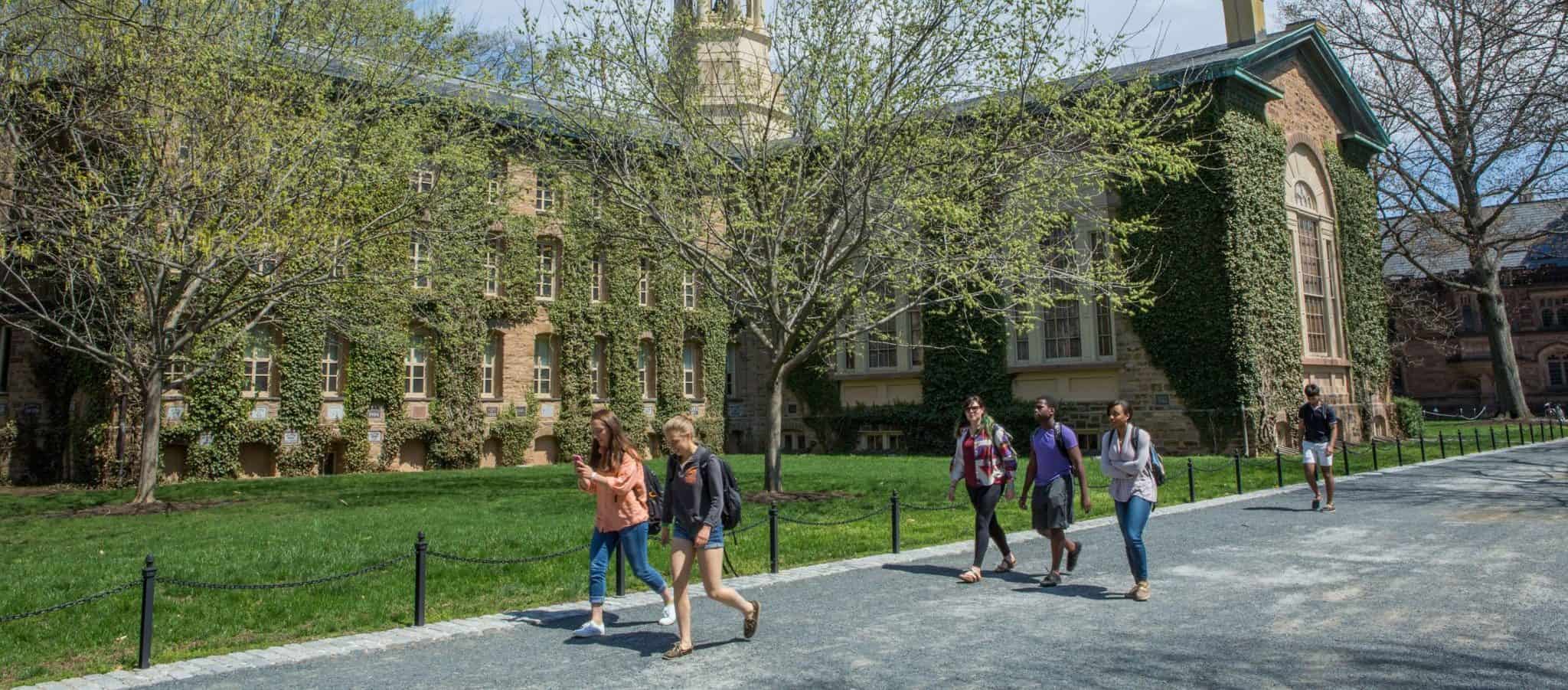Princeton professor to expand enterprise as 1st vice dean for innovation

Chemical and Biological Engineering Professor Rodney Priestley will serve in the new position of vice dean for innovation at Princeton University.
The school announced Priestley’s appointment to lead innovation and entrepreneurship across the campus on Wednesday; his post is effective Feb. 3, 2020.
Priestley will build ties with a variety of potential partners including entrepreneurs, venture capitalists and alumni while overseeing efforts to increase the “culture of innovation” among the University’s community, Princeton said, with workshops, networking events and training sessions. He will work closely with the Office of Technology Licensing, Corporate Engagement and Foundations Relations and University Advancement.
According to Princeton, the position was created following a strategic planning process identifying the need for novel ways to engage faculty members, students and researchers and non-academic partners in corporate, government and nonprofit sectors. It follows developments in and around the university including the 2018 establishment of the Princeton Innovation Center BioLab coworking space for science startups, the Google AI lab in downtown Princeton and a relationship with Microsoft for computational modeling in molecular biology and genomics, in addition to an increase in corporate funding to support research.
“I am delighted that Professor Priestley will become the inaugural vice dean for innovation,” said Princeton University Dean for Research Pablo Debenedetti, Class of 1950 professor in Engineering and Applied Science and professor of chemical and biological engineering. “Professor Priestley excels both in fundamental research and in the development and translation of intellectual property derived from his research into products and enterprises.
“He brings not only experience but also enthusiasm and creativity to this new position,” he added.
Preistley is also a researcher in the area of complex materials and processing who has published nearly 100 articles and is a co-inventor on four patent-pending technologies pertaining to drug-delivery and the substances that make gels and emulsions – or polymer colloids. He is also involved with multiple research collaborations between the school and industry in the area of cosmetics and pharmaceuticals and has co-founded two companies working to translate Princeton’s intellectual property into products and technologies.
He joined the university in 2009 and received his Ph.D. in chemical engineering in 2008 from Northwestern University.